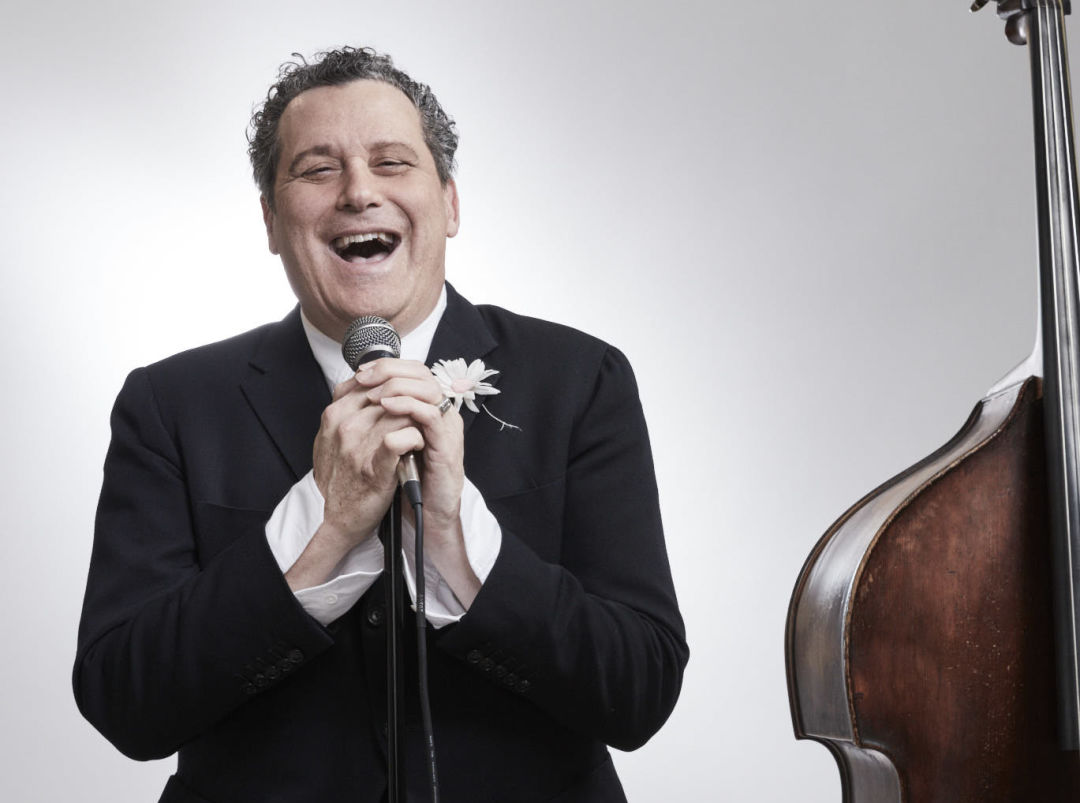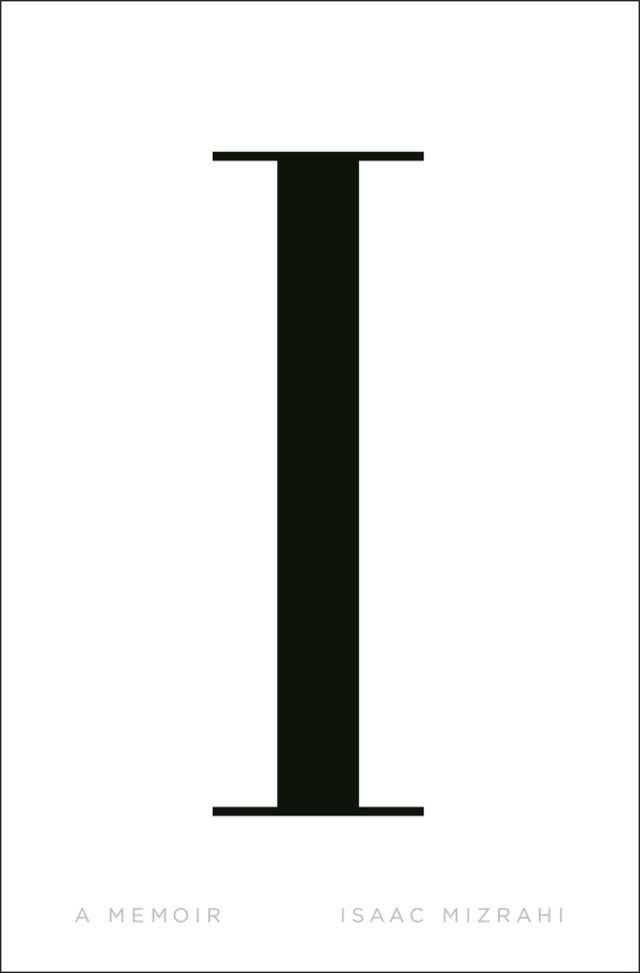Fashion Legend Isaac Mizrahi Is Bringing His Traveling Cabaret Show to Portland

Image: Courtesy Isaac Mizrahi
In the 1990s Isaac Mizrahi became the name in fashion. Supermodels Naomi Campbell and Kate Moss strutted New York Fashion Week runways wearing his cotton candy colored dresses and fluffy skirts. His 1995 documentary Unzipped shed the light on the design process for the world outside NYC, also revealing his infectious charm. Since then, the designer entered the homes of millions with his Target home and clothing collections, his blunt but fair judgement on Lifetime's Project Runway All Stars (where, in the show's seventh season, he's currently judging our own local designer Michelle Lesniak), and now the newest Mizrahi incarnation—a memoir and national cabaret tour.
Despite his assertion that he is “king of stage fright,” the two-time CFDA winning designer will bring his cabaret revue to Revolution Hall for one night on March 20. Accompanied by the Ben Waltzer Jazz Quartet, Mizrahi’s show follows a similar story timeline to his just released memoir IM, about growing up gay in a small Jewish community in Brooklyn and then becoming part of fashion history. We caught up with Mizrahi to ask him about his book, his show, and coming back to Portland.

Mizrahi's memoir.
ON WRITING HIS MEMOIR
You know, I started writing it about seven years ago. And it took forever just to have the first draft, right? A lot of people will tell you this, but writing is really rewriting. It took me about four years to write and three years to rewrite. The bravery of the whole thing was not in the writing, because I am capable of creating this wonderful creative environment for myself. I'm good at denying the fact that anyone's ever going to see anything. The bravery is in the publishing of it. I mean, I didn't really come up against any fear about the project until about a year ago when I was starting to submit it to the copyeditor. At that point I started getting really nervous because people were saying, “Oh wow, I love this” or “I have questions about that.” And I said, "Oh shit, people are reading this thing I wrote."
I was in this little cocoon of secrecy. I was reading things to my husband a lot. I had a wonderful editor that I loved working with and that was it. It was just us and a creative thing about me and about my life and about the characters that surround me in my life. And then suddenly you're getting these outside people going, “Did you mean this?” A step further, you have lawyers calling check veracity of certain things. That's when I started getting like scared and agitated about the process of the whole memoir thing.
ON RECOMMENDING THE PROCESS
I recommend writing a memoir as an exercise because you tell your story and over the course of seven years you go, "Why are you so angry about this? Why so much rancor about this?" So you take it out. I tend to look at things and go, "That's too angry. Why am I so angry?" I got a chance to really examine all of that. But in the end, I don't know what people will take from it or how they will interpret things or what they will think, you know? It's not about that. It's not this angry, salacious book. It's really just the telling of my past in order to go forward. And it feels so liberating. This is my story and no one can negate that. This is what happened to me.
ON THE CONTENTS
I'll tell you, it's mostly about my childhood. It's three quarters about my childhood and the payoff is sort of what happened as a result. The payoff is me as a fashion designer, maybe three quarters of the way in. I start the story chronologically, from graduation to me opening my studio and meeting [famed fashion photographer] Richard Avedon and working with this one and that one. But before that, it's really about my struggles with the Orthodox community that I come from and getting out of there, being a fat kid and losing all this weight in high school. It's a big long story about how I got there.
And then once I'm there, I speed through things. There are some portraits of different people. Like Perry Ellis gets a big portrait and that there's a big portrait of Calvin Klein. There's a big portrait of Liza [Minelli]. There's a big portrait of Anna Wintour in it, because these are some of the more important influences of my life. And they're round portraits. And then the last chapter of the book is about me appearing at the Carlyle, which is what I'm trying to do with my creative energy now. That’s theater and writing and telling my story and singing, which is a crazy thing.
ON BRINGING CABARET TO MODERN AUDIENCES
I have a real reverence for history. And I think the best writers, the best artists, all have a reverence for history. And the most important thing for us, for women, for homosexuals, for people of color, the trans community—for any people who feel on the margins—is to be able to speak. And part of that is to be able to neutralize language and tell the right stories. As a performer, I take that very, very, very seriously because it's easy to joke about things. We have to keep a sense of humor, but this is such an important mission. I love it so much. I thrive in it, this idea of edge skating the old and the new. That’s what I'm trying to do with this show. I'm trying to bring [cabaret] into the future.
ON PORTLAND
I like Portland so much, you know? It’s one of my American cities that I really cherish, and I picked it because—especially now in Trump’s America, which makes me want to jump out the window half of the time—I treasure places like that. Civilized places in this country where you know they're going to do the right thing. Chicago is one. Los Angeles is one. Portland is one. Seattle is one. San Francisco is one. You see what I mean? I cherish us. Because we’re not alone. And I’ve always liked Portland. It's always hilarious.
Isaac Mizrahi I & Me
7 p.m. Wed, March 20, Rev Hall, $55



